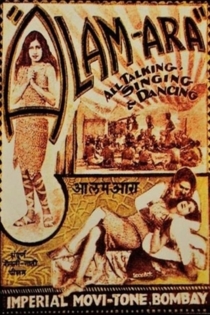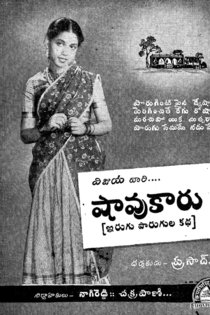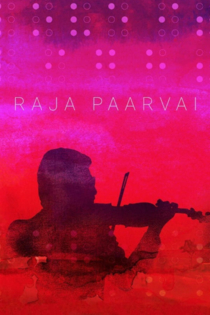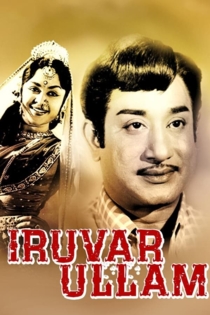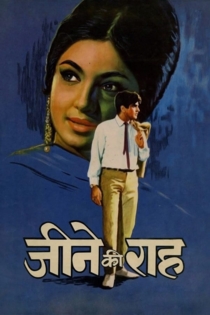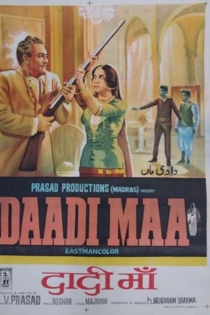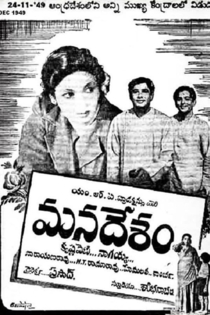
L. V. Prasad
2021ராணி
L. V. Prasad
Bhanumathi, S. Balachander
A little princess, Ranjani is tattooed with the royal insignia as part of tradition, and the same night, the child is kidnapped by one of the members of the tattoo gang who brings her up as a gypsy girl renaming her Rani. Unaware of her royal lineage, she grows up hawking things on the street and getting into brawls with no punches pulled. She falls in love with a soldier and the story progresses with twists. After several hardships, she realises the truth, and all is well that ends well.
Rani

మిస్సమ్మ
L. V. Prasad
Nandamuri Taraka Rama Rao, Nageshwara Rao Akkineni
Two unemployed college graduates from Madras, Rao and Mary act as if they are a married couple to get a job as school teachers in a small village called Appapuram. The story unfolds into an extremely hilarious comedy as they try to cover up that Mary is a christian. They are assisted in their drama by Devaiah-a friend and ex-beggar in fooling the family they work for.
Missamma
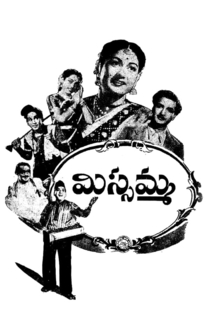
Appu Chesi Pappu Koodu
L. V. Prasad
Nandamuri Taraka Rama Rao, Kongara Jaggayya
Ramadasu, a devious zamindar who recently acquired the colonial title of "Rao Bahadur", is a perennial debtor who believes in leading a luxurious life on credit. His shrewd, schizophrenic manager Bhaja Govindam placates angry creditors with false promises. Dewan Bahadur Mukunda Rao, a wealthy, generous zamindar, is searching for a royal bridegroom for his granddaughter Manjari. Ramadasu plans to marry his son Raghu, a doctor practising in London, to Manjari to pay his debts. Unbeknownst to his father, though, Raghu has married a woman named Leela.
Appu Chesi Pappu Koodu

Manohara
L. V. Prasad
Sivaji Ganesan, Girija
Manohara produced by M. Somasundaram. The Sivaji Ganesan-L. V. Prasad production was distinct, becoming a cult classic. Karunanidhi virtually rewrote Mudaliar’s play, introducing interesting changes like the climactic sequence for which he drew inspiration from “Samson and Delilah”, especially the part where the blind Samson pushes the pillars down. Mu. Karunanidhi’s writing was superb with a contemporary touch. His dialogue had punch, satire, wit and humour. Sivaji Ganesan was excellent in his dialogue delivery and P. Kannamba who played the queen mother was equally brilliant. Her line, ‘Poruthathu podhum, pongi ezhu, maganey’, became quite famous.
Manohara

Miss Mary
L. V. Prasad
Meena Kumari, Gemini Ganesan
R.K. Raju, a private investigator is assigned the task of locating the missing daughter of a wealthy Hindu couple. His investigation take him to different locales, and he comes across Miss Mary, the girl closely resembling the one he is looking for.
Miss Mary

Mangayar Thilakam
L. V. Prasad
Sivaji Ganesan, Padmini
The story starts with the special birthday celebration of a girl. Vasudevan (Sivaji Ganesan) narrates the story which goes back 14 years behind. Karunakaran (S. V. Subbaiah) and Vasudevan (Master Baji) are brothers whose parents had died. They are very much loving and close to each other but Vasudevan longs for mother's love.
Mangayar Thilakam
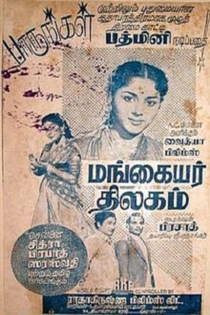
Bidaai
L. V. Prasad
After his business partner embezzles money and leaves him penniless, Parvati's husband passes away, leaving behind two sons, Prabhakar and Sudhakar, & a dumb daughter, Gauri, virtually on the verge of destitution, When Prabhakar grows up, he marries Pooja and moves out. Years pass by, Sudhakar has grown up, has managed to complete schooling, gets a job out of town and re-locates.
Bidaai
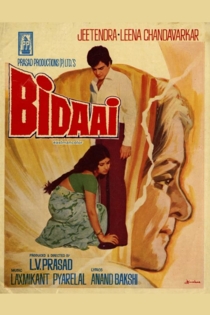
Alam Ara
Ardeshir Irani
Master Vithal, Zubeida
A period fantasy that told of the ageing king of Kamarpur, and his two rival queens, Navbahar and Dilbahar, and their rivalry when a fakir predicts that Navbahar will bear the king's heir. Dilbahar unsuccessfully tries to seduce the army chief Adil (Vithal) and vengefully destroys his family, leaving his daughter Alam Ara (Zubeida) to be raised by nomads. Eventually, Alam Ara's nomad friends invade the palace, expose Dilbahar's schemes, release Adil from the dungeon and she marries the prince of the realm.
The Light of the World
